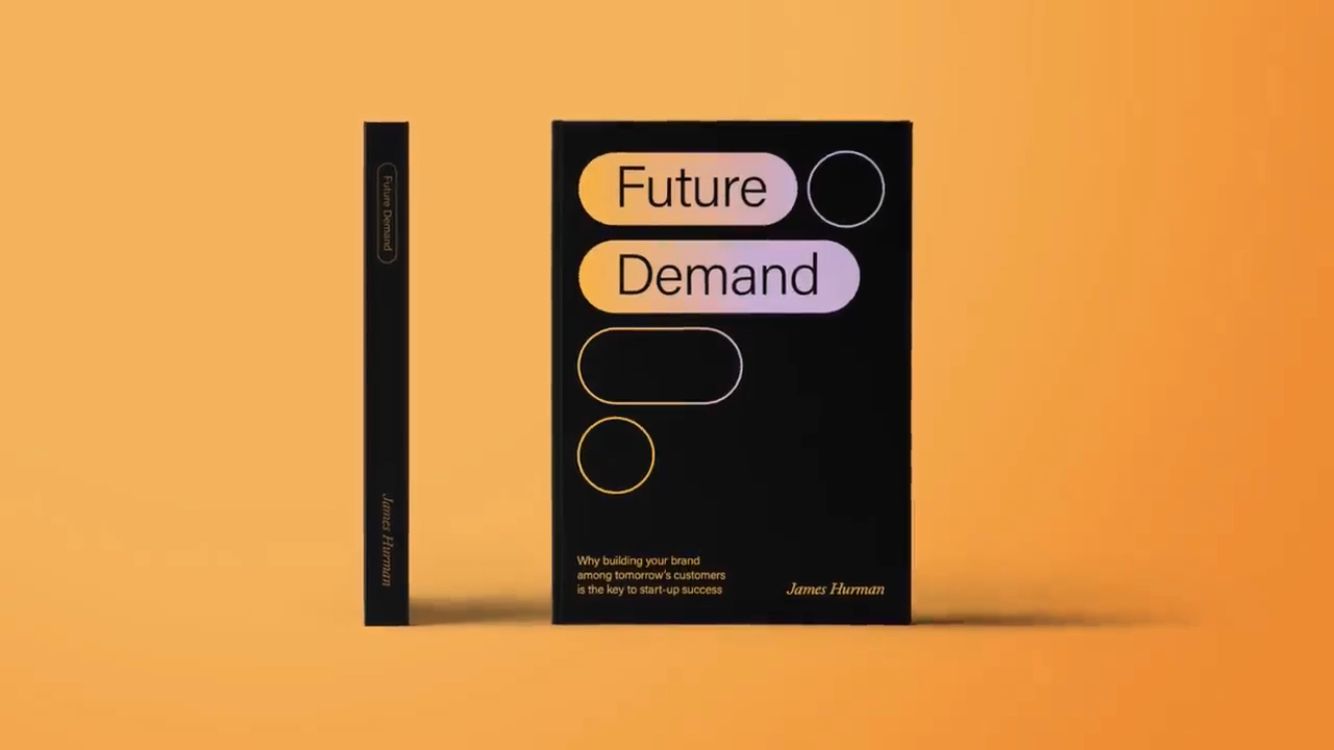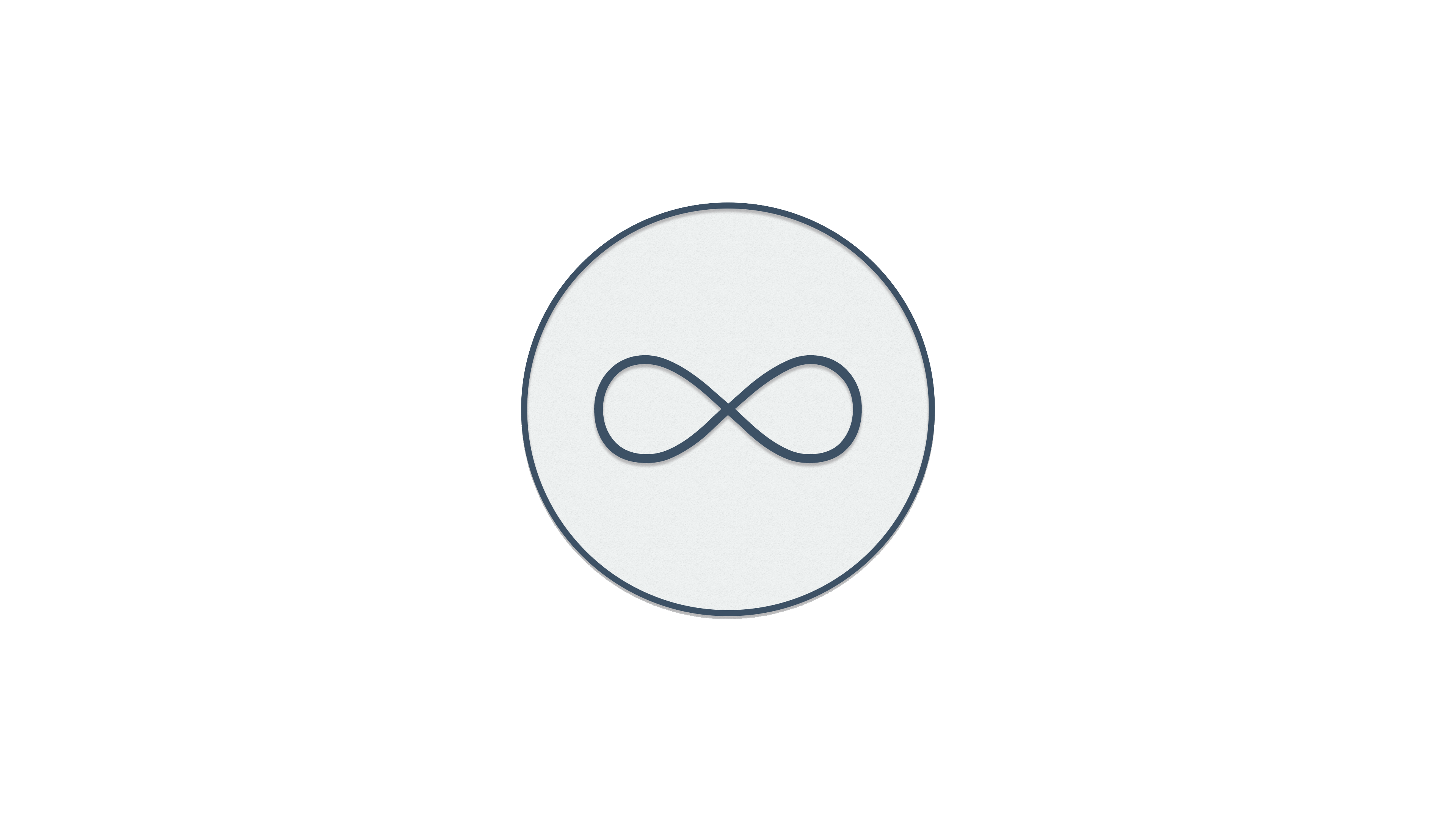Future Demand, Part 4, Emotion
The most important recent work explaining demand generation.

Humans are rational actors. That's what I learned in Economics 101, and for decades is how disciplines from management theory to marketing believed humans behaved. Research from Daniel Kahneman, the father of behavioral economics, proved this to be wrong.
In his book, Thinking, Fast and Slow, Kahneman argues that human have two modes of thinking: System 1—fast, instinctive, and emotional—and System 2— slower, more deliberate, and logical. Kahneman found that we make around 95% of our decisions using System 1.
As we continue to share insights from James Hurman's book, Future Demand, we turn to whether marketing should trigger emotional or rational responses. Like most practices in marketing, it depends.
Business impacts of emotional marketing
Hurman regularly cites the work of Binet & Field in Future Demand, and he turns to them to explain the business benefits of using emotion in marketing. Although written in 2013, remarkably few marketers are aware of The Long and the Short of It, the theory, and what it potentially means for their creative decisions. Hurman explains:
What they found was that emotional campaigns are better at driving every important business metric. When we communicate emotionally (using tools like storytelling, humour or music) we are more effective than when we communicate rationally (using information and logical arguments to sell to people).
The business metrics they focused on include profit, sales, market share, penetration, loyalty, and price sensitivity. In other words, long-term emotional campaigns deliver improved market share and profitability.
Align this with the findings in Bryon Sharp's How Brands Grow—that mental and physical availability of your brand drives market share—and you have an incredibly powerful competitive advantage against companies who simply don't know or care to understand how they grow.
As Hurman argues:
When we make people feel emotionally close to our brand, they conclude for themselves, without much evidence required, that we make better products, we’re more trustworthy, and we’re more worth buying from and sticking with than the competition.
The Previously Unavailable Emotional Spectrum
Hurman, a founder of Previously Unavailable, uses a proprietary decision making framework to help their clients decide which emotion they want their brand to elicit. I'll share the core ideas here, and suggest you listen to his podcast or read his book to learn more.
- Belonging
- Reassurance
- Enjoyment
- Reward
- Reverence
- Intimacy
- Inquiry
- Affirmation
- Motivation
Future Demand contains many real world examples of brands that adhere to one of these categories. Well worth the read or listen.
Part Four, Takeaway
- Great brands connect emotionally, and they do this because humans make decisions emotionally.
- Brands that connect emotionally drive much better commercial outcomes for their business.
- Use our emotional spectrum and examples to think about the emotion that you want to elicit from your customers in your brand marketing.
Part Four, Listen
James generously released the audiobook as a podcast, available on most popular streaming platforms.
Purchase Future Demand
No affiliate links, straight from the source: direct from James; Kindle.
